Introduction
Over the past few months, the newswires have been hot with stories about the large-scale data centres that will be required to meet the needs of the forthcoming revolution in Artificial Intelligence (AI). How much electricity will these new data centres consume and what does that mean for the electricity demand forecasts underpinning the plans for Net Zero?
Recent Date Centre Announcements
To give a flavour of the scale of data centre developments that are coming, it is helpful to look at recent announcements from large tech companies. Back in March, it was announced that Amazon had bought a 960MW data centre that is powered by an adjacent nuclear power station. In April, Mark Zuckerberg CEO of Meta that owns Facebook and Instagram said energy requirements may hold back the build out of AI data centres. He also talked about building data centres that would consume 1GW of power.
Last month, Oracle chairman Larry Ellison announced that Oracle was designing a data centre that would consume more than 1GW that would be powered by three small modular nuclear reactors (SMRs). Then Microsoft also got in on the act when it announced it had done a deal with U.S. utility Constellation to restart the 835MW Three Mile Island (TMI) Unit 1 nuclear power plant to power its data centres. Anxious not to be left out, Sundar Pichai, CEO of Google said they too were working on 1GW data centres and saw money being invested in SMRs.
Finally, Sam Altman of OpenAI, the creator of ChatGPT has trumped them all by pitching the idea of 5GW data centres to the White House. Altman has been heard talking of building five to seven of these leviathans.
Bloomberg, usually a driver of the Net Zero band wagon, has reluctantly admitted that there’s not enough clean energy – nuclear or otherwise – to satisfy AI’s voracious appetite and gas will have to fill the gap. America’s national security and energy security is eclipsing climate concerns.
This admission is important because it acknowledges that such important infrastructure cannot rely upon the vicissitudes of the weather. These data centres need a source of electricity that is reliable and always available. It would be absurd to think that a ChatGPT user will want to receive a message saying their request cannot be processed because it is not windy enough.
Scale of AI Energy Demand
When companies bandy about such large numbers it is sometimes difficult to visualise just how big they are. For context, consider that a 1GW data centre would consume 8.76TWh of electricity each year. Seven of Altman’s enormous 5GW data centres would consume 306.6TWh. According to DUKES data (Table 5.6) the UK generated 292.6TWh in 2023. The plans for ChatGPT alone would consume more electricity in a year than the U.K., the sixth largest economy in the world, managed to generate. Now consider what the total demand is going to be when you add in the requirements the likes of Amazon, Oracle, Microsoft, Meta, Google and X.
Net Zero Electricity Plans
Clearly, AI energy demand is going to be huge and if we want to compete in this new industry, we are going to need cheap, reliable and abundant energy. However, the plans for U.K. electricity use in 2050 are tiny by comparison. The Royal Society assumed 570TWh of annual demand in its report on long term storage. In their latest FES report, the NG ESO assumed a total 615-719TWh of demand across Industrial & Commercial, Residential and Transport sectors in their pathways that achieve Net Zero by 2050. The RS report relies solely on wind and solar renewables plus hydrogen storage whereas the FES report supplements renewables with BECCS, gas with carbon capture, together with some nuclear and hydrogen. It is easy to see how the AI revolution could consume an extremely high proportion, or even all the electricity that is being planned for 2050. It is difficult to see how there is going to be enough electricity to go around.
We are already way off-track to deliver the renewables capacity for both Labour’s 2030 target and the Royal Society’s 2050 plan. There is precious little chance of accelerating delivery to meet electricity demand that might easily be twice the current estimates. Of course, they are also relying upon what they euphemistically call Demand Side Response, otherwise known as turning off companies and domestic appliances at times of high demand or in plain terms energy rationing. A rickety power system where data centres can be turned off at short notice (even if they are paid to do so) will not be robust enough for the AI industry, which is why so many of them are talking about nuclear power. However, only last week we learned that an appointee to the DESNZ Board of Commissioners is actively opposed to nuclear power.
This all puts in doubt Blackstone’s recently agreed deal to invest £10 billion in a new data centre complex in Blyth. With the Government recently announcing we have the most expensive industrial electricity costs of the 28 countries covered by the IEA, there has to be a significant risk that the project does not go ahead. Remember, the same Blyth site was once earmarked to manufacture energy-intensive EV batteries and that deal fell through.
We can see that plans for expensive, scarce energy are not only damaging existing industries, they are also hampering our ability to compete to host the industries of the future. We need to radically change our energy policy before it is too late. As the Amazon and Microsoft investments demonstrate, nuclear needs to play a much bigger role in our future energy mix. We need much more of it and we need it now.
Source: The Daily Sceptic


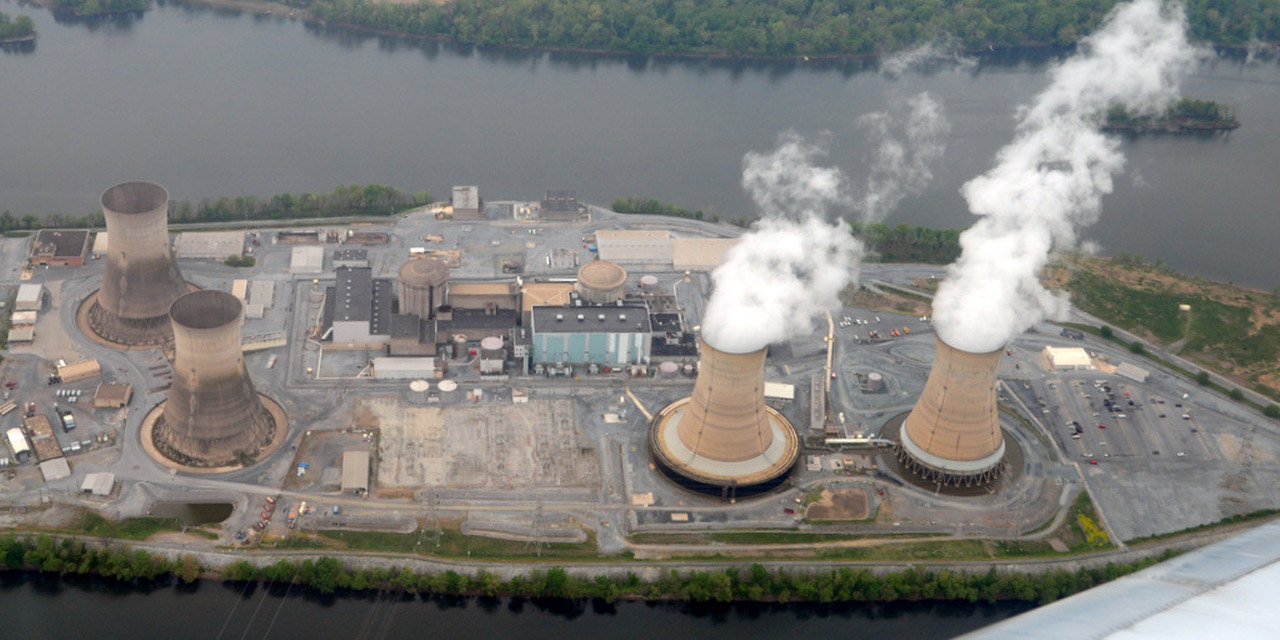

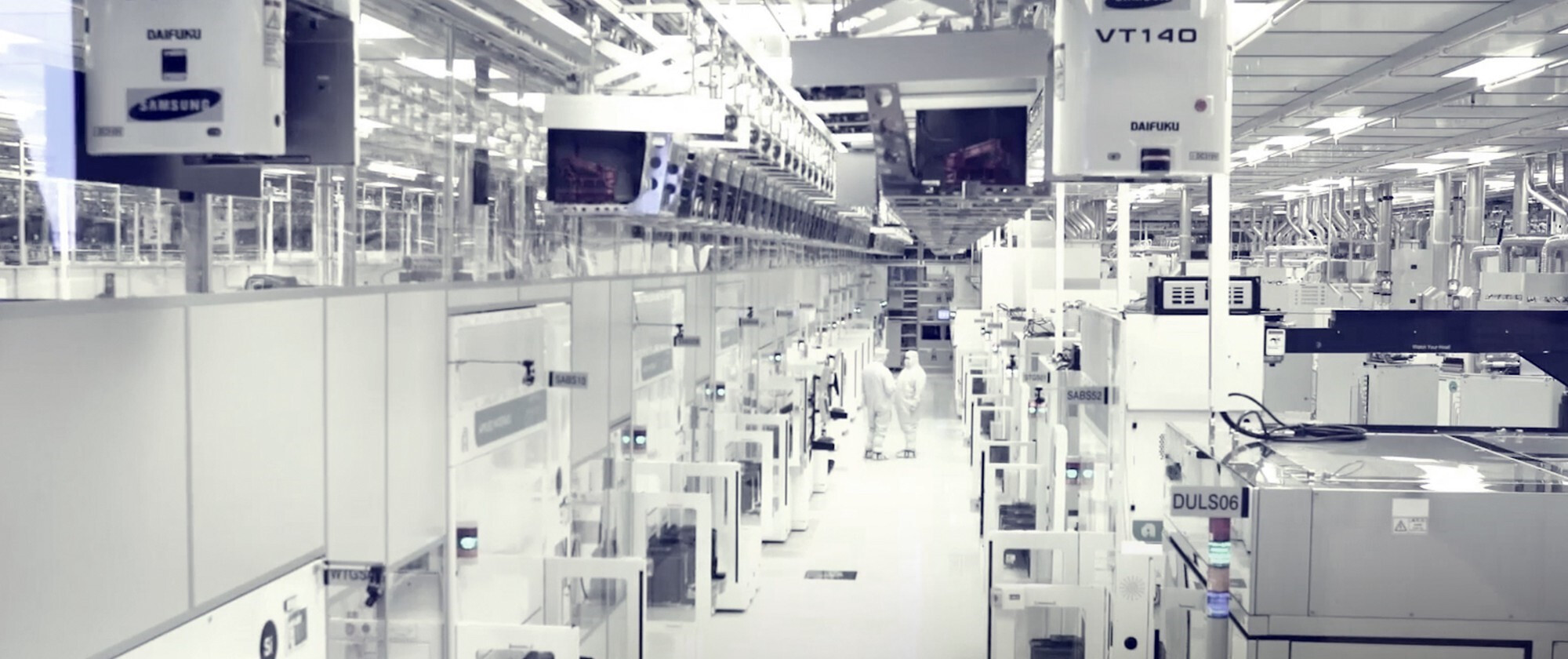

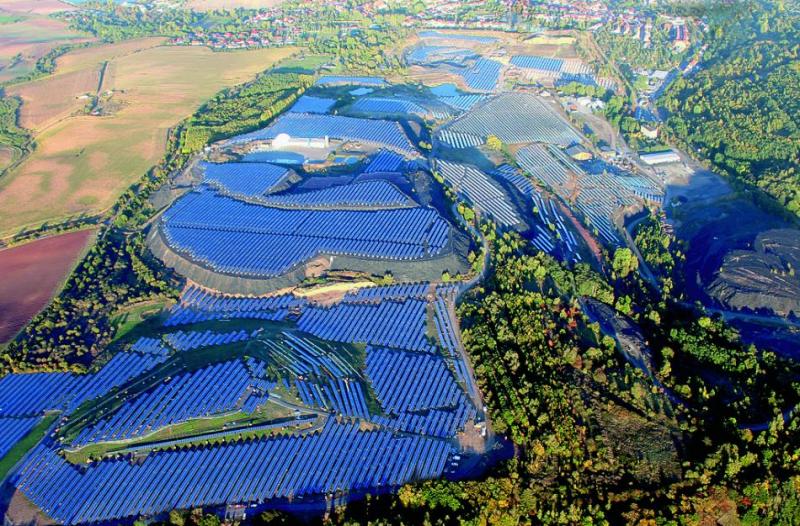
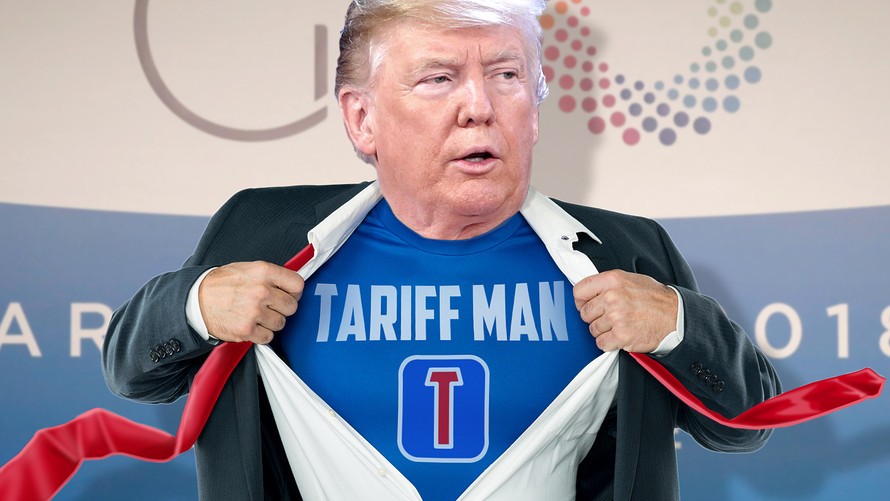





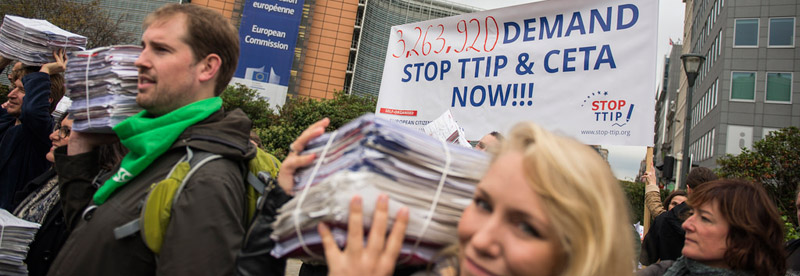
No comments.
By submitting a comment you grant Free West Media a perpetual license to reproduce your words and name/web site in attribution. Inappropriate and irrelevant comments will be removed at an admin’s discretion. Your email is used for verification purposes only, it will never be shared.